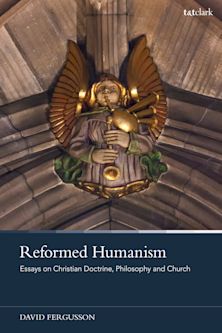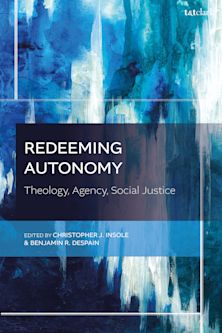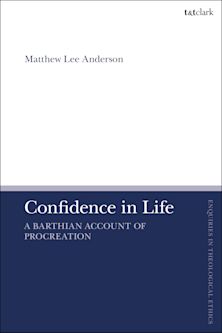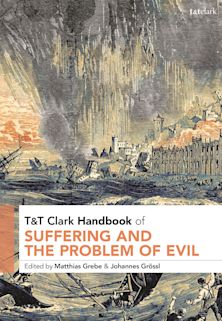Payment for this pre-order will be taken when the item becomes available
- Delivery and returns info
-
Flat rate of $10.00 for shipping anywhere in Australia
Description
This work examines some of the most pressing problems facing contemporary systematic theology.
Crisp provides an overview of the contemporary landscape in the area of theological methodology and assessment of the strengths and weaknesses of each approach surveyed. This positive contribution to the field offers a clear and concise assessment of the methodologies on offer for students and scholars alike.
It lays the groundwork for a vision of a common theological project across varied theological approaches. These include the importance of metaphysics and divine revelation, and the key doctrines of the Christian faith such as the Trinity and Incarnation. Crisp also sets out a constructive proposal for addressing the question of how we understand the relationship between the different levels of theological authority.
This leads to a powerful sketch of a programme in systematic theology that is both respectful to the Christian tradition, as well as constructive in nature.
Table of Contents
Introduction
1. On Metatheology
2. Using Models
3. Theological Ambition
4. Divine Ideas
5. Scriptural Insufficiency
6. Whence Trinitarianism?
7. Trinitarian Minimalism
8. God's Bodies
9. Christ's Maleness
10. Realised Eschatology
11. Creation Fulfilled
Bibliography
Index
Product details
| Published | 02 Apr 2026 |
|---|---|
| Format | Paperback |
| Edition | 1st |
| Extent | 208 |
| ISBN | 9780567721778 |
| Imprint | T&T Clark |
| Dimensions | 234 x 156 mm |
| Publisher | Bloomsbury Publishing |
Reviews

ONLINE RESOURCES
Bloomsbury Collections
This book is available on Bloomsbury Collections where your library has access.


































